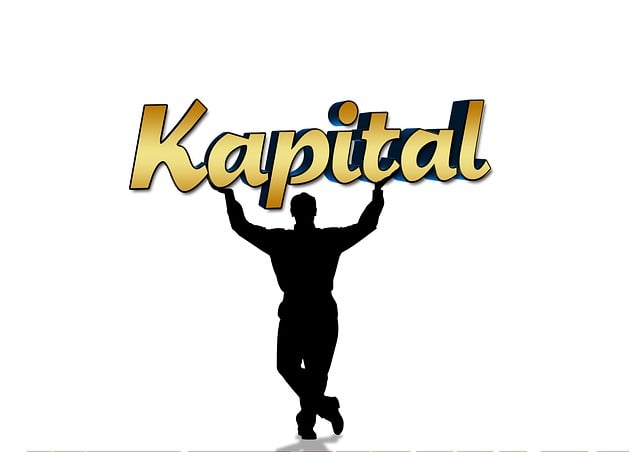Debt restructuring and debt review are two distinct strategies for managing financial obligations, catering to unique needs. Restructuring renegotiates loan terms with lower interest rates and extended periods, ideal for unmanageable debts. Review involves a professional analysis of your financial situation, providing tailored advice for budget optimization and gradual debt reduction, suitable for those seeking guidance to regain control over their finances. Understanding these nuances is crucial when choosing the best option aligned with financial goals, whether it's restructuring or review first.
Are you burdened by debt and unsure which path to take? Discover the difference between Debt Restructuring and Debt Review, two powerful strategies for financial relief. This guide explores each option’s benefits, drawbacks, and ideal scenarios for application. Learn how Debt Restructuring can rewrite your terms while Debt Review provides a fresh perspective on management. Make an informed decision with this comprehensive overview of Debt Restructuring Vs Debt Review.
- Understanding Debt Restructuring: A Comprehensive Guide
- The Role of Debt Review in Financial Management
- Comparing Options: When to Choose Each for Optimal Results
Understanding Debt Restructuring: A Comprehensive Guide

Debt restructuring and debt review are two distinct strategies for managing financial obligations, each with its own set of benefits and considerations. Understanding the nuances between them is crucial when deciding which option aligns best with your financial goals. Debt restructuring involves a comprehensive approach where lenders agree to alter the terms of your existing loans. This can include lower interest rates, extended repayment periods, or even debt consolidation into a single, more manageable loan. It’s ideal for those burdened by unmanageable debts, offering relief through renegotiated conditions that fit their financial capabilities better.
On the other hand, debt review is a more analytical process where professionals examine your financial situation to assess potential areas of improvement. This method focuses on understanding the root causes of debt accumulation and offers tailored advice for budget optimization and repayment strategies. Debt review is beneficial for individuals seeking guidance in navigating their finances, especially if they are overwhelmed by debt but not necessarily in a position that requires drastic restructuring. It’s about gaining control and making informed decisions to gradually reduce debt over time.
The Role of Debt Review in Financial Management

Debt review plays a pivotal role in financial management, serving as a crucial step before considering more extreme measures like debt restructuring. It’s a process that involves careful analysis and assessment of an individual or business’s current debt obligations. This initial phase helps in gaining a comprehensive understanding of the debt landscape, identifying potential issues, and evaluating various repayment options.
By engaging in debt review, individuals and businesses can make informed decisions about their financial future. It allows for the exploration of different strategies to manage and reduce debt, ensuring that the chosen path aligns with long-term financial goals. Unlike debt restructuring, which often involves changing the terms of existing debts, debt review focuses on understanding the root causes of financial strain, enabling more tailored solutions to be implemented effectively.
Comparing Options: When to Choose Each for Optimal Results

When deciding between debt restructuring and debt review, understanding your financial situation and goals is crucial. Debt restructuring is typically recommended when your financial obligations are overwhelming and you need a significant reduction in both the amount you owe and the interest rates. This option involves renegotiating the terms of your existing debts, often leading to longer repayment periods and lower monthly payments. It’s ideal for those buried under high-interest debt or facing income loss, as it provides relief from immediate financial pressure.
On the other hand, debt review is a more cautious approach where you carefully analyze your budget and expenses to create a realistic repayment plan. This option is suitable if you’re capable of making manageable payments but need help understanding how to efficiently manage your debt. Debt review focuses on creating a structured plan to pay off debts within a reasonable timeframe, usually with lower interest rates secured through negotiation or improved credit scores over time. It’s best for those committed to managing their finances and seeking guidance to gain control without drastic restructuring.
When deciding between debt restructuring and debt review, understanding your financial goals is key. Both options offer unique advantages in managing debt, but they cater to different needs. Debt restructuring is ideal for those looking to significantly reduce their debt burden and alter repayment terms, while debt review provides a strategic approach to better understand and manage existing debt obligations. By evaluating your circumstances, you can choose the option that best aligns with your financial aspirations. Ultimately, both paths can lead to improved financial health when approached thoughtfully and with clear objectives in mind.







